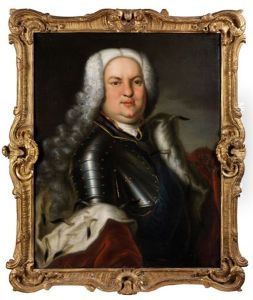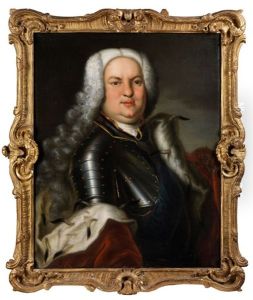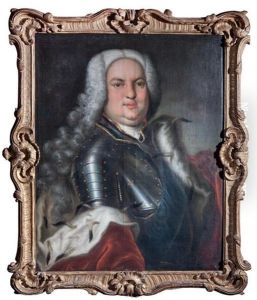Johann Christian Morgenstern Paintings
Johann Christian Morgenstern was a German painter born on September 29, 1770, in Hamburg. He was primarily known for his landscape paintings, which were influenced by the Dutch landscape artists of the 17th century. Morgenstern's work is characterized by its detailed and realistic depiction of nature, often capturing the atmospheric effects of light and shadow.
Morgenstern's artistic journey began under the guidance of his father, the painter Johann Jacob Morgenstern. He then continued his studies at the Copenhagen Academy where he was influenced by the works of the great Dutch and Flemish masters. His early work showed a strong emphasis on topographical accuracy, which later evolved into a more romantic approach to landscape painting.
By the turn of the 19th century, Morgenstern had established himself in Hamburg and began to receive recognition for his work. His landscapes often featured Germanic countryside scenes, coastal views, and occasionally architectural subjects. Despite the romantic vein in his later work, he never fully abandoned his detailed study of nature.
Morgenstern's career was relatively short, as he died prematurely on February 16, 1819, in Munich. His legacy, although not as widely known as that of some of his contemporaries, contributed to the development of landscape painting in Germany. His works are still appreciated for their quiet beauty and technical skill, and they can be found in various art collections and museums in Germany and beyond.



